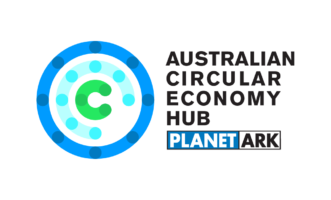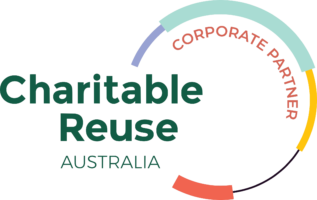Waste myth #7: FOGO is too contaminated to recycle

By Mike Ritchie, Director, MRA Consulting Group
There is an emerging myth (put by a few councils) that FOGO contamination rates make it impossible to recycle.
Not true.
Average Australia-wide FOGO contamination rates are 2% by weight on average (but around 4% in the first few years).
Most of that is plastic and glass by weight.
Yes, many readers will know the Penrith Council story which started its FOGO service with a contamination rate above 20%. It was an early adopter and made too many changes too quickly, by their own admission. But over time with education and engagement they have reduced their contamination rate to an average 4%, according to Council audits. That is truly impressive.
Of course, there are still “bad runs” where loads can be heavily contaminated and that remains a problem to be remedied, but it is not a reason to avoid FOGO.
Climate change demands that we keep organics out of landfill (to reduce methane emissions) and to sequester organics in soil via compost or biochar.
Back to the 2-4% FOGO contamination. This compares very well to the 12% contamination of the yellow bin. Yellow bin is complex, we need to keep FOGO simple.
Plus, we know that contamination rates decrease over time. People get better at diversion and quality improves over time. The fact that the system is simple (the list of acceptable materials is short and straightforward), helps too.
Councils improve their education and build commitment to the program.
Which brings us back to the 2%.
We know that most FOGO systems are new and less than 3 years old. Only a handful of councils have had FOGO for more than 5 years.
We also know that caddies and caddy liners lower contamination rates.
So, the final question is can composters get the 2% out and make a quality compost.
Experience so far says yes.
It all comes down to effort. The more labour and equipment they apply to the decontamination task, the better the final product is.
So ultimately that is a question of cost. The more labour and equipment they apply, the more it costs them.
We even have some best practice composters now putting the compost through multiple optical sorting machines to strip out even tiny contaminants.
Composters need to avoid the race to the bottom on price. They need to ensure that when they tender to take a council’s FOGO, they take into account contamination risk and price it correctly.
And by correctly, I mean to cover the costs of producing a high quality compost plus still make a profit.
The temptation is to price lower than that, to win the work.
Councils must be aware of this competition/price tension and not just select the cheapest price on offer.
Look to the quality processors with a track record of producing AS4454 compliant compost from FOGO inputs and pick them.
The problem with contamination in FOGO is that the residual contaminants end up in the compost and go into our soils. Supplying compost with residual bottle caps or plastic pieces is a sure way to kill the compost market in Australia.
Tweet
Councils must take a mature approach to tender selection and not necessarily grab the cheapest price.
If we want a sustainable FOGO market, we need to spend money on education and on processing to produce an “A Grade” compost.
To this end MRA has also developed updated specifications (LG Best Practice Compost) that improves on AS4454 (by halving physical contaminant levels) and thereby guaranteeing quality.
FOGO is do-able but we need to make sure we spend the cash to have a proper system.
PS: Most Councils will still save money compared to landfilling the organics, especially where landfill levies are rising. So it is still very much a win:win. Win for the environment, win for community action on climate, a win for soil improvement, a win for local employment and a win for councils.
Mike Ritchie is the Managing Director at MRA Consulting Group.
This article has been published by the following media outlets:




